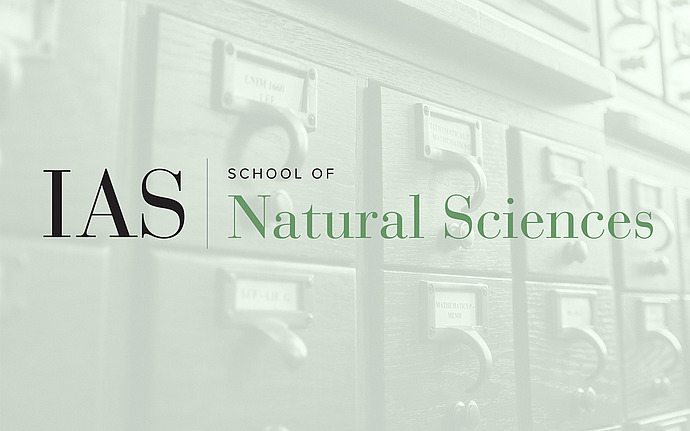
Princeton University Survey Science Discussion
Photometric Redshifts for the Next Generation of Sky Surveys
Studies of cosmology, galaxy evolution, and astronomical transients with the next generation of imaging surveys (like LSST, Euclid, and Roman Observatories) are all critically dependent on estimates of galaxy redshifts from imaging data alone; the resulting measurements are called photometric redshifts or photo-z's. Traditional photo-z estimation methods use galaxy colors and magnitudes as inputs thereby throwing away the rich pixel-level information present in resolved images. Moreover, the uncertainty estimates produced by these methods are not statistically well defined. In this presentation, I will discuss new deep learning-based photo-z estimation methods that take images directly as inputs and provide state-of-the-art photo-z prediction accuracy while being interpretable and requiring less training data. I will also present a statistical formalism to produce well-calibrated photo-z uncertainty estimates that are agnostic and employ minimal assumptions. As these methods critically depend on the availability of complete and unbiased training data, I will also provide a short overview of our recent efforts to obtain spectroscopic samples to train for photo-z algorithms using the Dark Energy Spectroscopic Instrument (DESI).